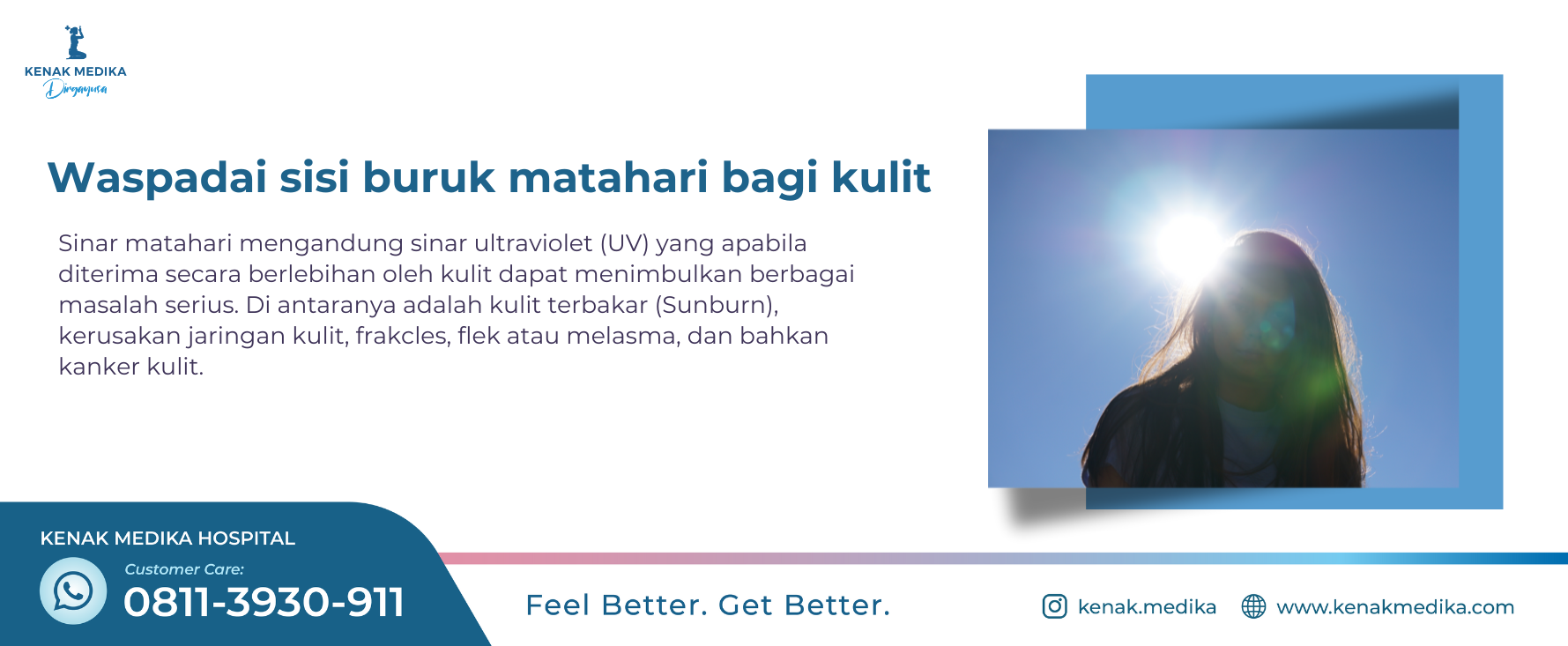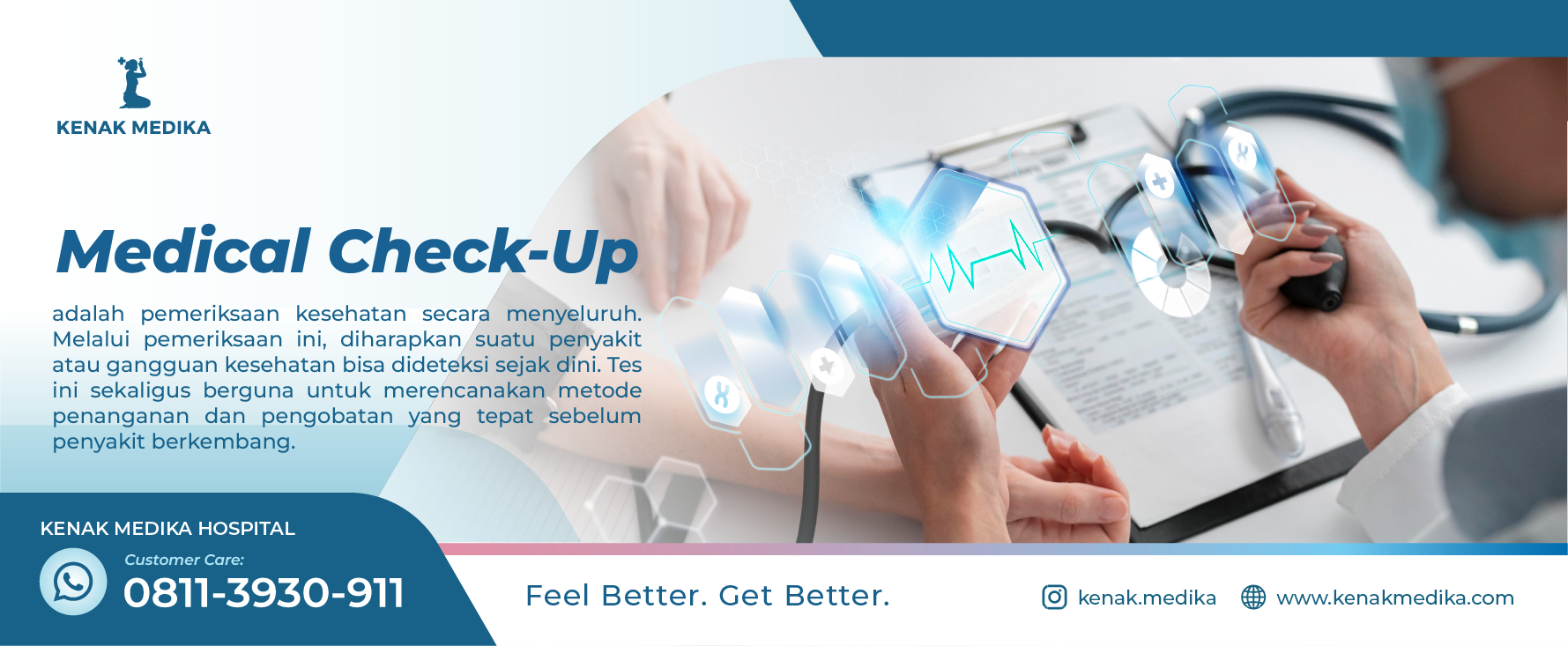
DEFINITION
Diarrhoea is the passage of three or more loose or liquid stools per day (or more frequent passage than is typical for the individual). Frequent passing of formed stools is not diarrhoea, nor is the passing of loose, "pasty" stools by breastfed babies.
Diarrhoea is usually a symptom of an infection in the intestinal tract, which can be caused by various bacterial, viral and parasitic organisms. Infection is spread through contaminated food or drinking water or from person to person due to poor hygiene.
TYPES OF DIARRHEA
There are three clinical types of diarrhoea:
- acute watery diarrhoea – lasts several hours or days and includes cholera;
- acute bloody diarrhoea – also called dysentery; and
- persistent diarrhoea – lasts 14 days or longer.
During diarrhoea, the body will lose fluids and electrolytes quickly. At the same time, the intestine loses its ability to absorb the liquid and electrolytes given to it. In mild cases where the absorption process has not been interrupted, the various fluids given can prevent dehydration. Approximately 10% of episodes of diarrhoea are accompanied by extreme dehydration/lack of fluids. Infants and younger children are more prone to dehydration than older children. Therefore, preventing or overcoming dehydration is vital in treating diarrhoea in children.
DEGREE OF DEHYDRATION
The most severe threat posed by diarrhoea is dehydration. During a diarrhoeal episode, water and electrolytes (sodium, chloride, potassium and bicarbonate) are lost through liquid stools, vomit, sweat, urine and breathing. Dehydration occurs when these losses are not replaced.
The degree of dehydration is rated on a scale of three:
|
NO DEHYDRATION |
SOME DEHYDRATION (two or more of the following signs): |
SEVERE DEHYDRATION (at least two of the following signs): |
|
not enough signs to classify as some or severe dehydration |
|
|
HOW TO MANAGE?
Diarrhoea should be treated with the following:
Rehydration: with oral rehydration salts (ORS) solution. ORS is a mixture of clean water, salt and sugar. It costs a few cents per treatment. ORS is absorbed in the small intestine and replaces the water and electrolytes lost in the stool.
- Zinc supplements reduce the duration of a diarrhoea episode by 25%.
- Rehydration: with intravenous fluids in case of severe dehydration or shock.
- Nutrient-rich foods: continue to give nutrient-rich foods, including breast milk, during an episode.
- Consult a health professional, in particular, for the management of persistent diarrhoea or when there is blood in the stool or if there are signs of dehydration.
Most cases of dehydration can be treated at home with fluid supplementation. However, intravenous replacement may be required if the child is vomiting, too ill to drink, or unable to take sufficient quantities of fluid to counteract the losses. This is known as parenteral fluid therapy and requires hospitalization. The nature of the child's illness and the severity of the dehydration will determine the course of parenteral therapy and the length of the hospital stay.
ARE ANTIBIOTICS NECESSARY?
Antibiotics are not routinely given in acute diarrhoea. However, bacteria are suspected of causing the situation because most cases of acute diarrhoea are self-limiting. Improper administration of antibiotics will prolong the state of diarrhoea due to dysregulation of the intestinal microflora.


.png)
